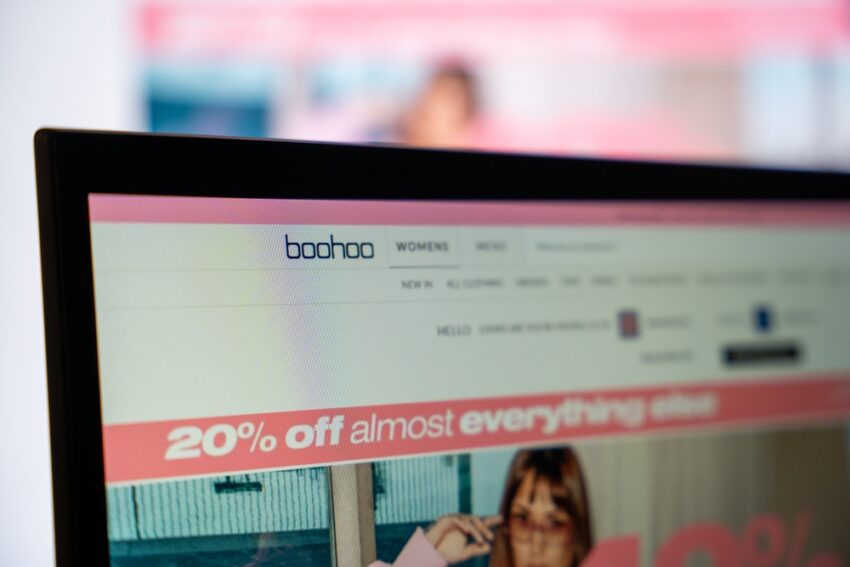Baker
By Anna Jordan on Small Business UK - Advice and Ideas for UK Small Businesses and SMEs The post Baker appeared first on Small Business UK.

By Anna Jordan on Small Business UK - Advice and Ideas for UK Small Businesses and SMEs

Annual salary: Not stated
What do I need? Handheld items (rolling pin, whisk, wooden spoons); electrical equipment (hand whisk, mixer, oven, microwave, scales); cake boxes/packaging
Plenty of us have been inspired by the Great British Bake Off, and some have even gone as far as starting their own home baking business.
Before you get started, remember the practicalities. Food safety is the main issue when you’re running a home baking business. First, you need to register your new food business with your local authority. You should be doing this at least 28 days before you open. From there, local authority officers will arrange a time with you to visit your home to do a food hygiene inspection. They’ll look at whether your food preparation areas and food safety procedures are suitable. You should also carry out a risk assessment in your home.
Also, you must handle allergens appropriately when preparing food and inform customers of potential allergens in your bake.
As for packaging, it must be food-grade and in such condition that it keeps cold food cold and hot food hot. The food mustn’t be in packaging which allows it to spoil in transit.
Other than that, you should inform your landlord or mortgage lender about your new business as it could breach the terms of your mortgage or your landlord may not be happy about it.
Depending on your workload, you could get away with handheld equipment if your batches are small but machines are more efficient and hygienic for bigger bakes.
Now, for the fun bit. You can decide to bake whatever you want. Stick to what you’re good at at first, then try and experiment with different flavour combinations and styles of bake. Cakes are always popular, especially as people try and make compromised celebration that bit more special. That could be a good place to start.
According to Chelsweets.com, there is a formula for pricing your cakes. Try this:
Cake Price = Labour (hours of estimated work x your hourly rate) + Cost of Ingredients + Overhead
The post Baker appeared first on Small Business UK.






















